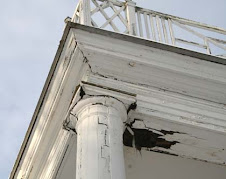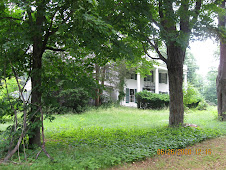The recent departure of the city's code enforcement director gives Burlington an opportunity to refocus on violations that degrade the quality of life in city neighborhoods.
A Free Press story reports on the problems in Ward 1, where tenants vehicles crowd the front and back yards of houses chopped up into apartments. Greenbelts have been turned into muddy driveways, and the curbs have been smashed down by cars repeatedly driving over them. Neighbors Caryn Long and Sandy Wynne tell the Free Press their complaints to the Code Enforcement Office have brought no relief.
Code enforcement must make violations that endanger health and safety its priority. Cracking down on seemingly lesser violations -- like front yards turned into parking lots -- can be a way to head off problems before they become major issues that threaten the welfare of city residents.
To be effective, code enforcement must have the full and active backing of the mayor and the City Council. The Office of Code Enforcement must have a clear mandate from City Hall and the means to carry out its mission. The place to start is to make sure things are being done right and in the most efficient manner possible.
Does the city have an efficient way to check on code violations? Is the city responding to resident reports? How easy it is to file a complaint? Are the codes being enforced when violations are discovered? These are some of the questions to be considered.
This is not the task for Assistant City Attorney Gene Bergman, who became interim code director only on Monday to fill a spot left vacant when Director Kathleen Butler stepped down last week. The move toward better code enforcement starts in earnest with how the next director is named.
Councilor Ed Adrian, D-Ward 1, makes a sound proposal in asking for full public involvement in selecting the next code director. Such a process would serve to engage and educate city residents in code enforcement, and give the director and his or her office a higher public profile.
Overlooking a series of code violations -- even if minor -- can set a neighborhood on the road to a slow degradation. Preserving the quality of all city neighborhoods should be a high-priority item on the agenda of a City Hall that puts a high value on the city's livability.






































